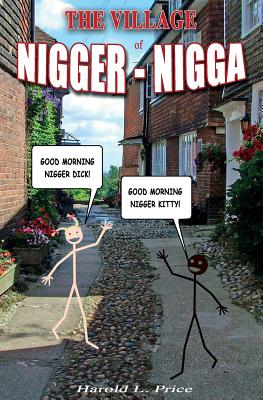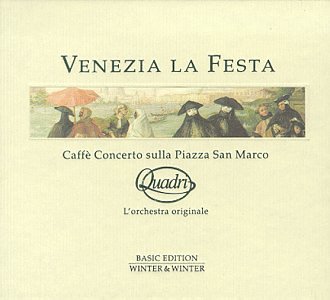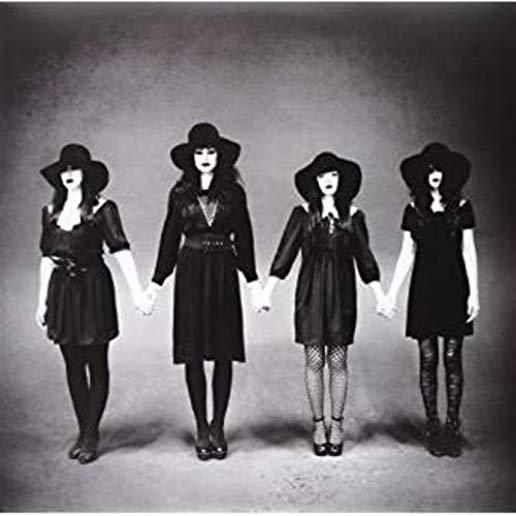
description
ee separate but related works. The first work focuses on the power of language, the specific example being that of the so-called "n" word. There are several key thoughts and questions worth keeping in mind as you read the first work, The Village of Nigger-Nigga. First, the more "forbidden" or "taboo" something is, the more powerful it becomes. In view of that, the question arises: "Who benefits from the negative power created by preserving the "n" word as a "taboo"?" Primarily, if not exclusively, so-called "white" or "non-black" people. In other words, those who would use it as a "weapon" to hurt others emotionally. And who suffers from the negative power created by preserving the "n" word as a "taboo"?" Primarily, if not exclusively, so-called "black" or "non-white" people. Conversely, who would benefit by neutralizing the negative meaning/use of the word "nigger" and/or giving it a new and positive meaning? Virtually, all of society in general, both here in America as well as the world at large. Although the first work, The Village of Nigger-Nigga, is a work of fiction in the strictest sense, there is a significant degree of linguistic truth in principle regarding the message of this short story. For example, unlikely as it may seem in terms of the feasibility of converting the "n" word from something negative to a positive, linguistically speaking, language is more than sufficiently capable of accommodating such a change. The second work, Corruption...a Precondition for Power, addresses the matter of power in general. In terms of the message in this essay, it can readily be applied to the other two works, The Village of Nigger-Nigga and Nigger Music.
member goods
No member items were found under this heading.
Return Policy
All sales are final
Shipping
No special shipping considerations available.
Shipping fees determined at checkout.







